Organizing Committee Members - Infectious Diseases Week 2023
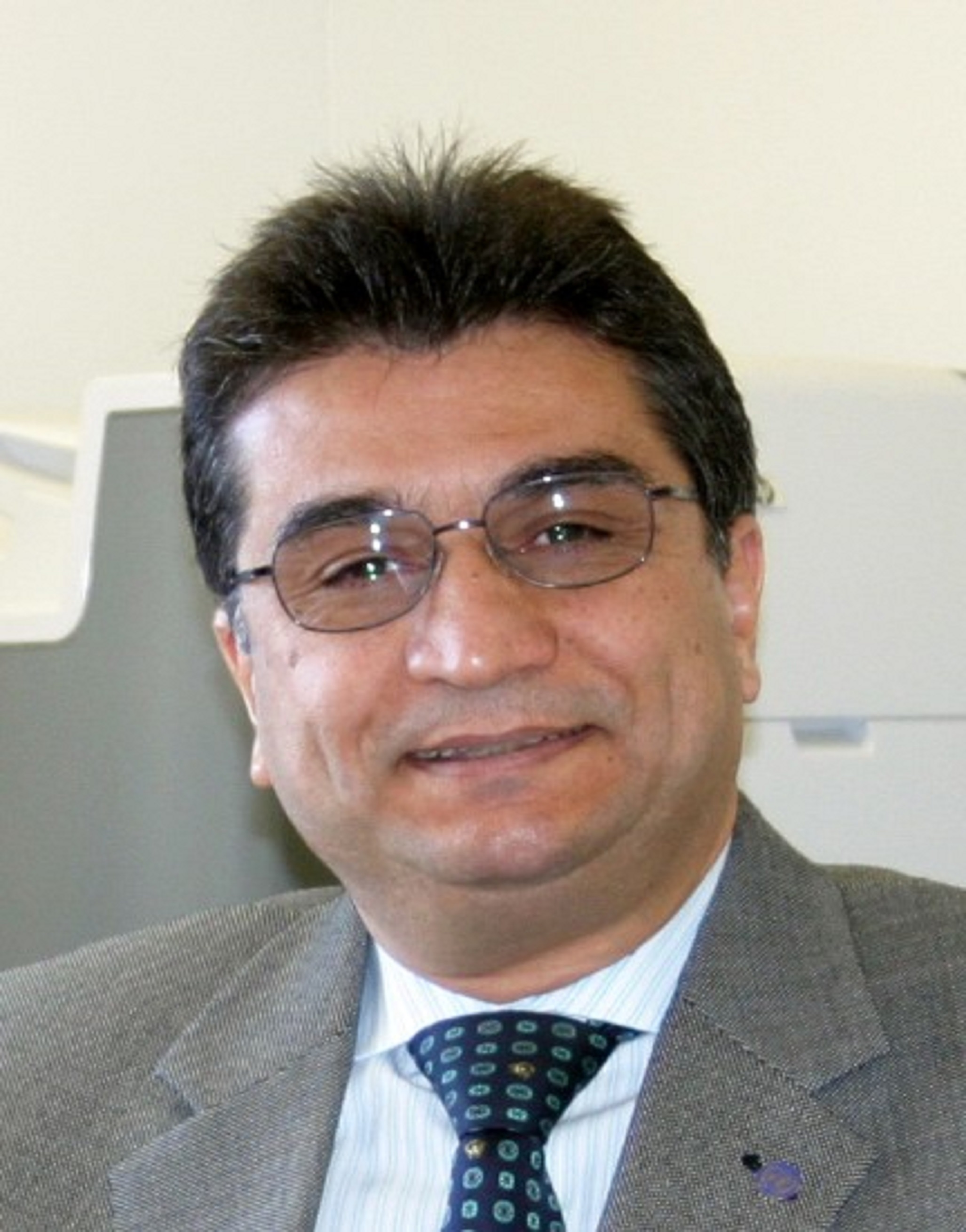
Reza Nassiri
Professor
Michigan State University
USA
Reza Nassiri (Biography)
Dr. Reza Nassiri is Associate Dean of Global Health; Director of Institute of International Health; Professor of Clinical Pharmacology, Professor of Family and Community Medicine, and lecturer in Global Health, Infectious Diseases and Tropical Medicine at Michigan State University College of Osteopathic Medicine. His research interests focuses on Clinical Pharmacology of HIV/AIDS & TB, prevention and control of infectious diseases, neglected tropical diseases, community health, global health, and socio-ethical determinants of health.
Reza Nassiri (Research Area)
HIV/AIDS research
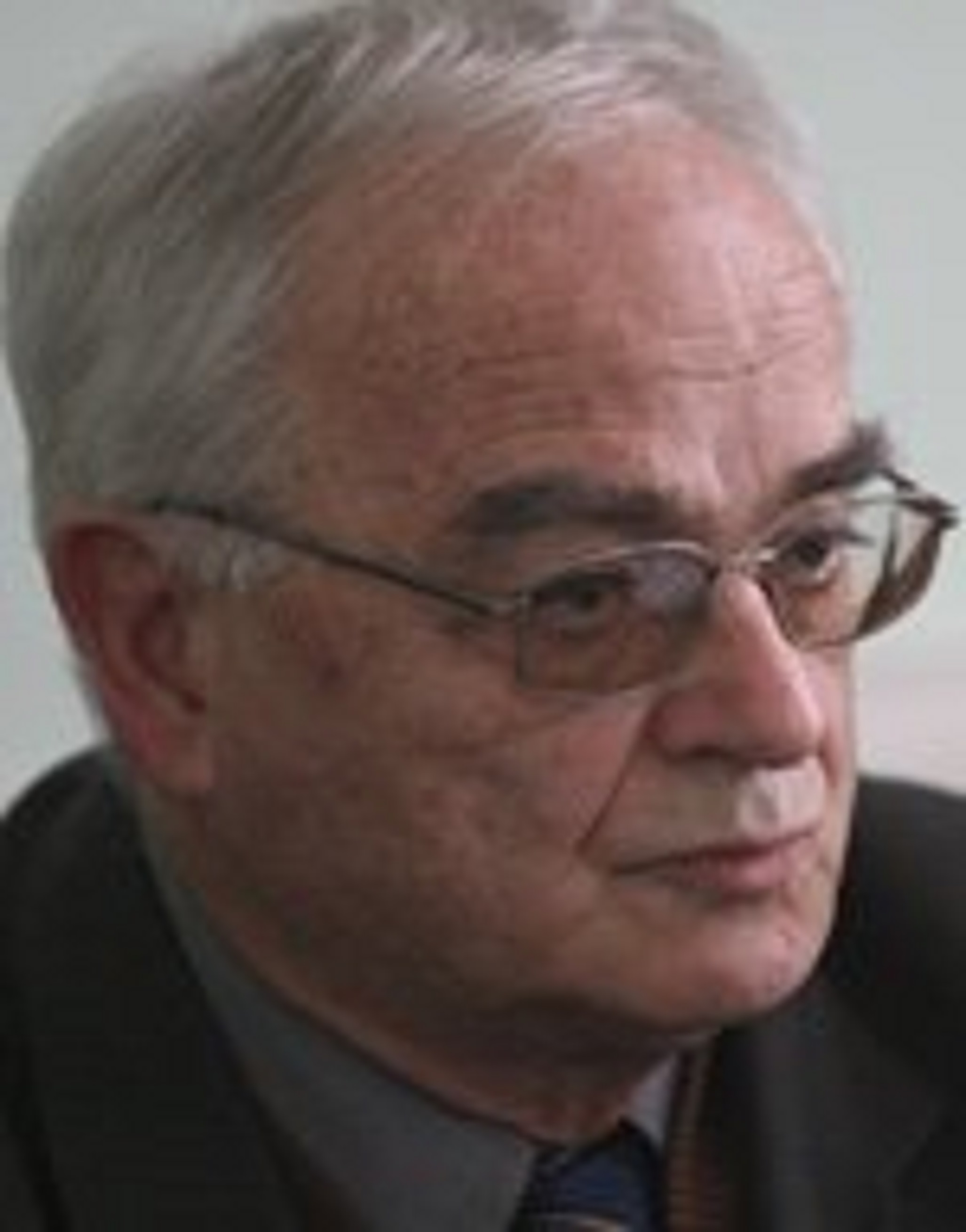
Angel Simeonov Galabov
President & Professor
The Stephan Angel off Institute of Microbiology
Bulgaria
Angel Simeonov Galabov (Biography)
Dr. Angel Simeon Galabov is a professor of virology in The Stephan Angeloff Institute of Microbiology, Sofia, Bulgaria. He completed his Ph.D. at Bulgarian Academy of Sciences and M.D at Higher Medical School, Sofia, Bulgaria. He held many positions in his carrier. He is Regular Member of the Bulgarian Academy of Sciences and is a member of several other Scientific Organizations. He has 40 patent inventions and 235 scientific refereed publications, including a monograph and chapters in books. He received award and honors; Awarded by the Bulgarian Academy of Sciences by the Sign of Honor “Marin Drinov†in 2009.
Angel Simeonov Galabov (Research Area)
Dr. Angel Simeonov Galabov's research interests include Antiviral Substances, Biological response modifiers, Replication cycle of picorna, Papillomaviruses in cervical cancer etiology, Oncolytic parvoviruses, Population genetics, Genetic status of ancient Bulgarians (Proto-Bulgarians) and Thracians (mtDNA analysis of anthropo-archeological skeletal remains).
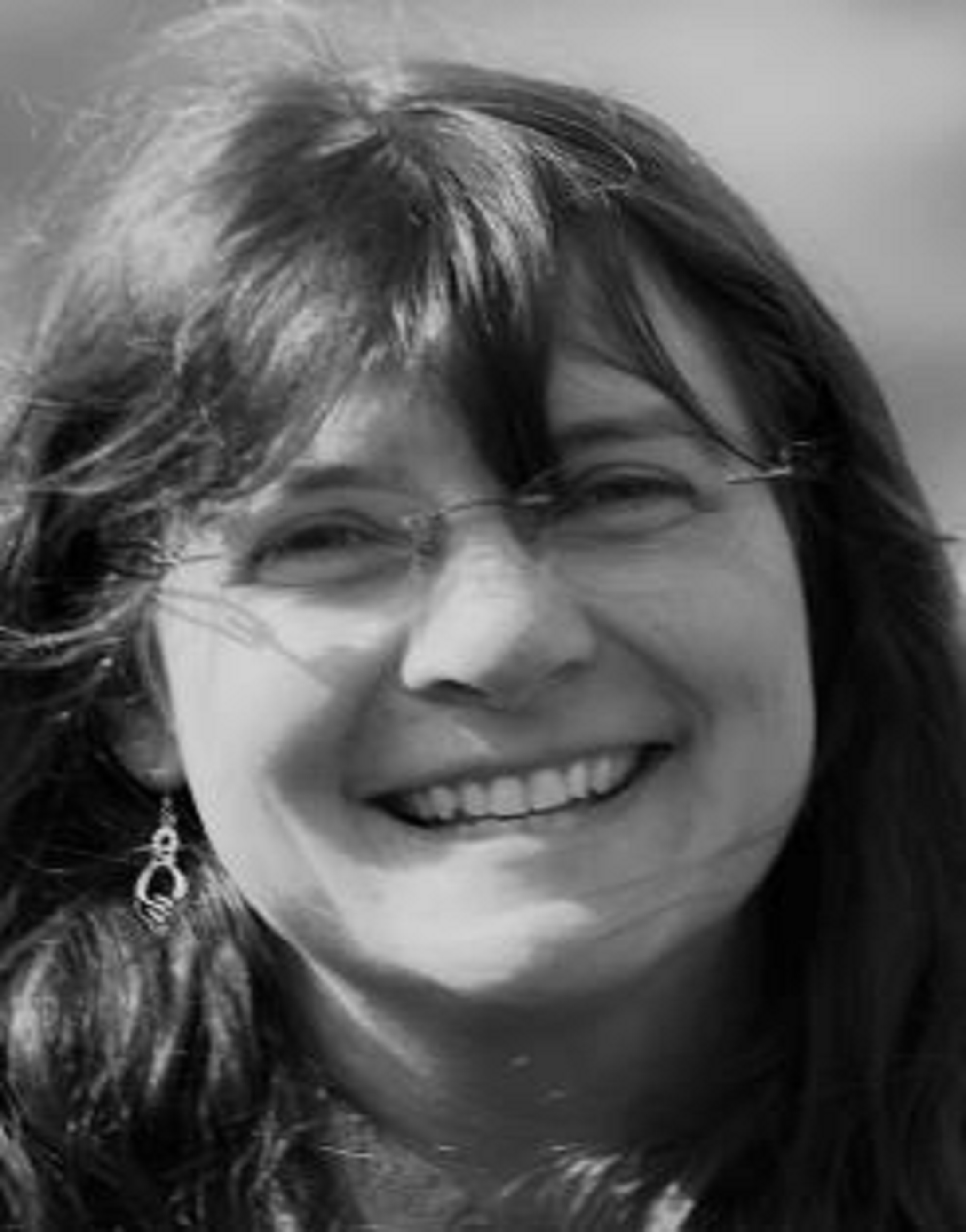
Catherine Mullie
Professor
University of Lille
France
Catherine Mullie(Biography)
Dr.Catherine Mullié obtained a PhD in Microbiology and a PharmD at the University of Lille, France, in 1999. After a post-doc year at the Faculté de Medicine in Amiens (Laboratoire d’Immunologie, INSERM-EMI 0351), she was appointed as assistant professor at the Faculté de Pharmacie in Amiens in 2000 and joined the LG-2A (Laboratoire de Glycochimie des Antimicrobiens et des Agroressources, UMR 7378 CNRS) in 2008. She has been a member of the French Society for Microbiology since 2000. Her research is focused on the development of new antimicrobial and antimalarial drugs, with a special interest in efflux-mediated antibiotic resistance in Pseudomonas aeruginosa and Acinetobacter baumannii. She currently heads the French part of a bilateral project funded by France and Algeria (Partenariat Hubert Curien Tassili) on this topic.
Catherine Mullie(Research Area)
development of new antimicrobial and antimalarial drugs, with a special interest in efflux-mediated antibiotic resistance in Pseudomonas aeruginosa and Acinetobacter baumannii
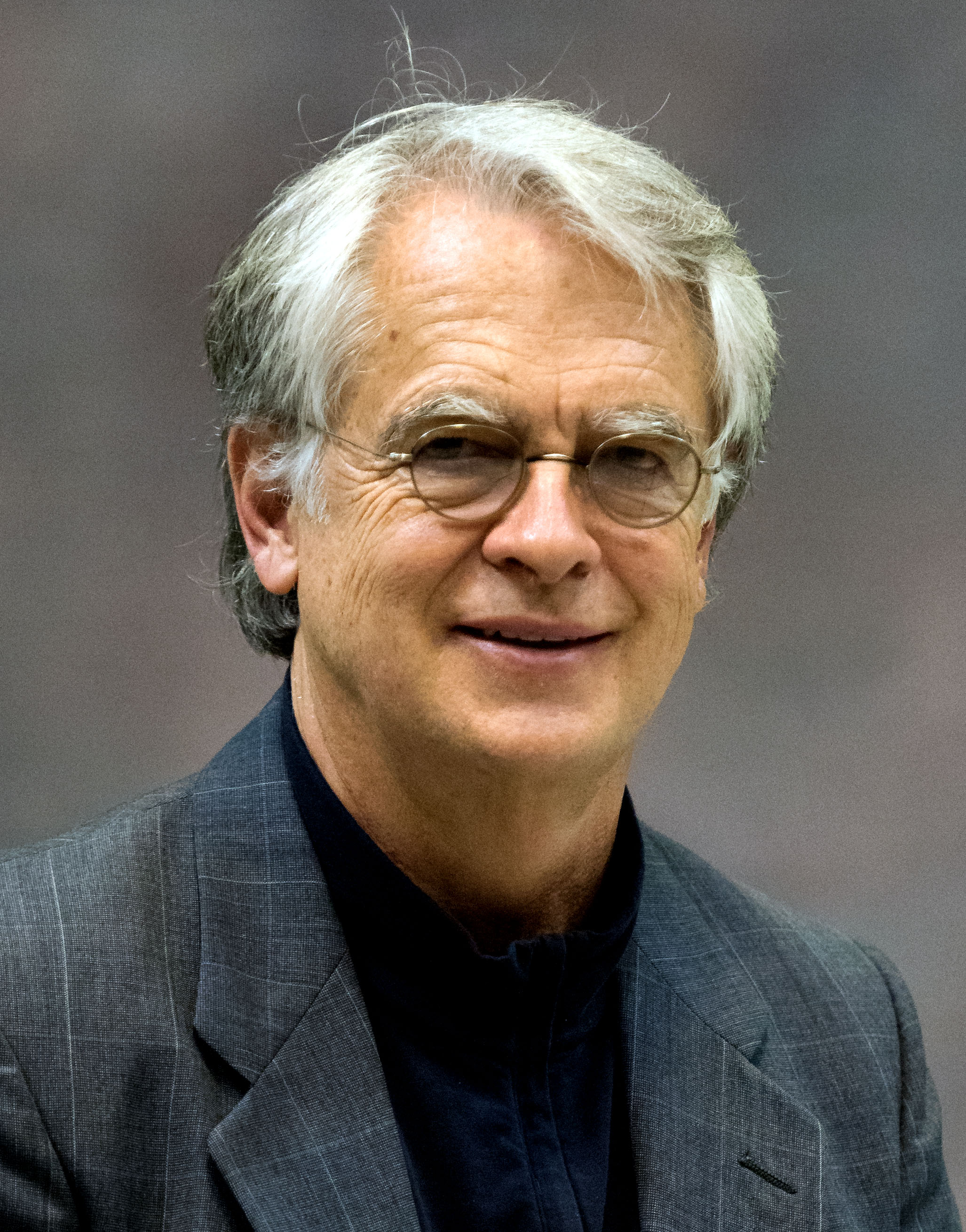
Phillip E. Klebba
Professor and Head
Kansas State University
USA
Phillip E. Klebba(Biography)
Dr.Phillip Klebba received his doctorate in Biochemistry at the University of California, Berkeley, working with the discoverer of siderophores, Dr. Joe . Neilands. He performed post-doctoral study with Drs. Leon Rosenberg at Stanford University and Hiroshi Nikaido at UC Berkeley, and was a visiting professor with Drs Maurice Hofnung, Institut Pasteur, Alain Charbit, Institut Necker, and Ron Kaback, UCLA. Dr. Klebba is Head of Biochemistry and Molecular Biophysics at Kansas State University. His research interests focus on biophysical approaches to problems in membrane transport, especially iron acquisition by bacteria.
Phillip E. Klebba(Research Area)
My scientific interests focus on the mechanisms of iron acquisition pro†and eukaryotic cells, including transformed cells. This goal involved different processes in Gramâ€negative bacteria, Gramâ€positive bacteria, and most recently cancer cells. Iron is essential for cellular metabolism in both bacteria and animals, and consequently it is a virulence determinant in regard to bacterial pathogenesis. E. coli and its Gramâ€negative relatives (e.g., Salmonella, Shigella, Vibrio, Neisseria, Yersinia, Klebsiella, Pseudomonas, etc) secrete small molecules called siderophores (Gr; ironâ€bearer) that chelate iron in the environment. They then capture these
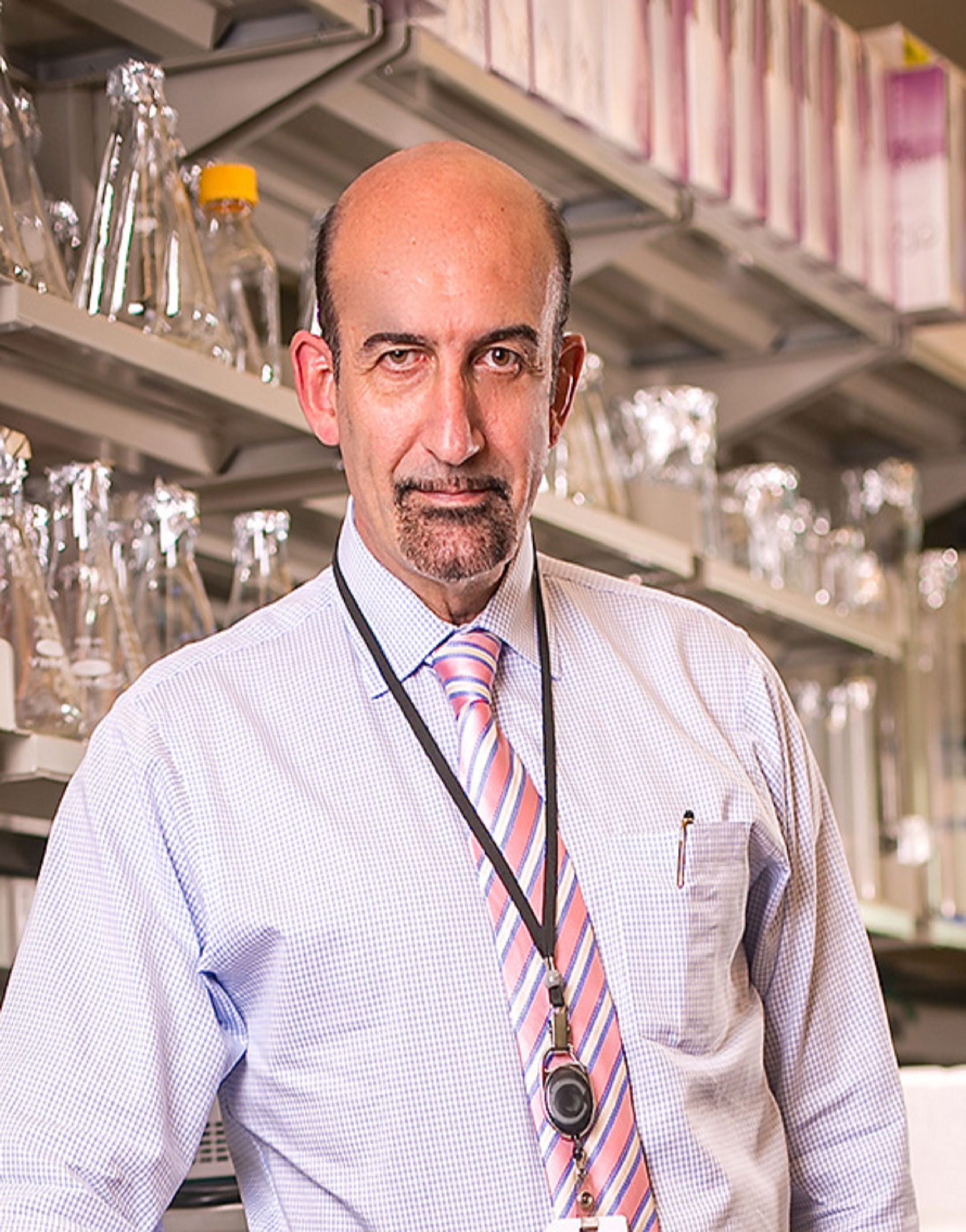
Mario Stevenson
Chief and Director
University of Miami
USA
Mario Stevenson(Biography)
Dr.Mario Stevenson, Ph.D. received his doctorate from the University of Strathclyde in Glasgow, Scotland in 1984. He performed postdoctoral studies at the University of Nebraska Medical Center and was a professor at that institution from 1993-1995. He conducted a research sabbatical at National Institute for Medical Research in London in 1990. In 1995, he joined the Program in Molecular Medicine at the University of Massachusetts Medical Center. Dr. Stevenson was previously the David Freelander Chair of AIDS Research and Director of the Center for AIDS Research at the University of Massachusetts Medical School. He is currently Professor of Medicine and Chief of Infectious Diseases at the University of Miami Miller School of Medicine. Dr. Stevenson’s research is aimed at uncovering the functions of viral accessory genes, mechanisms of viral persistence and immunopathogenicity as well as cellular factors influencing virus-host cell interplay.â€
Mario Stevenson(Research Area)
Infectious Diseases
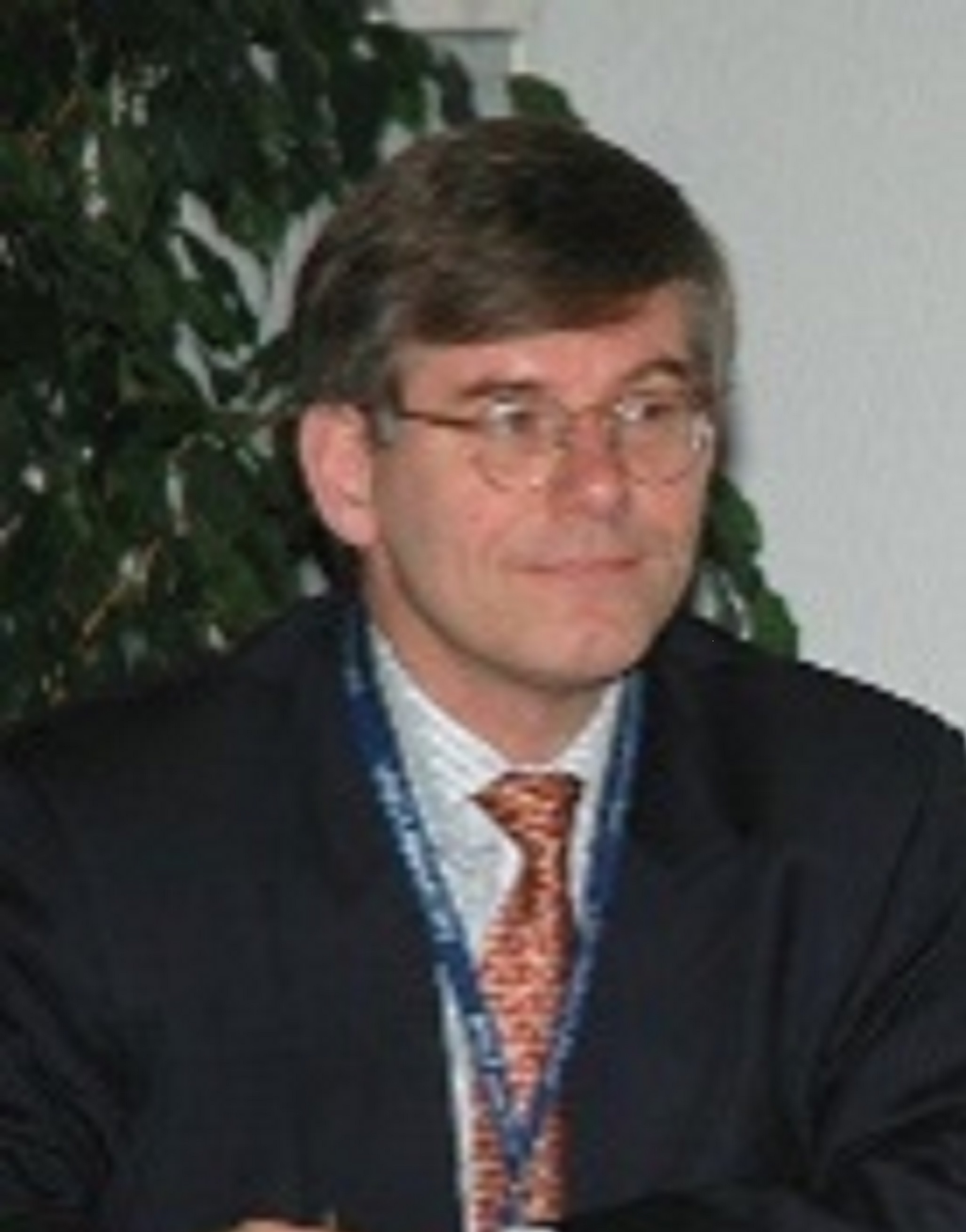
Karl Weiss
Chief
McGill University
Canada
Karl Weiss(Biography)
Dr.Karl Weiss Chief,Division of Infectious Diseases) SMBD-JEWISH GENERAL HOSPITAL- Professor of Medicine, McGill University Department of Medicine Division of Medical Microbiology
Karl Weiss(Research Area)
•Investigation of infections in patients with chronic obstructive pulmonary disease •Epidemiological study of the bacterial resistance of respiratory pathogens in Quebec • Molecular analysis of the resistance of S. pneumoniae to macrolides and fluoroquinolones • Clinical Implications of Bacterial Resistance • Clinical trials in respiratory infections • Clostridium difficile infections